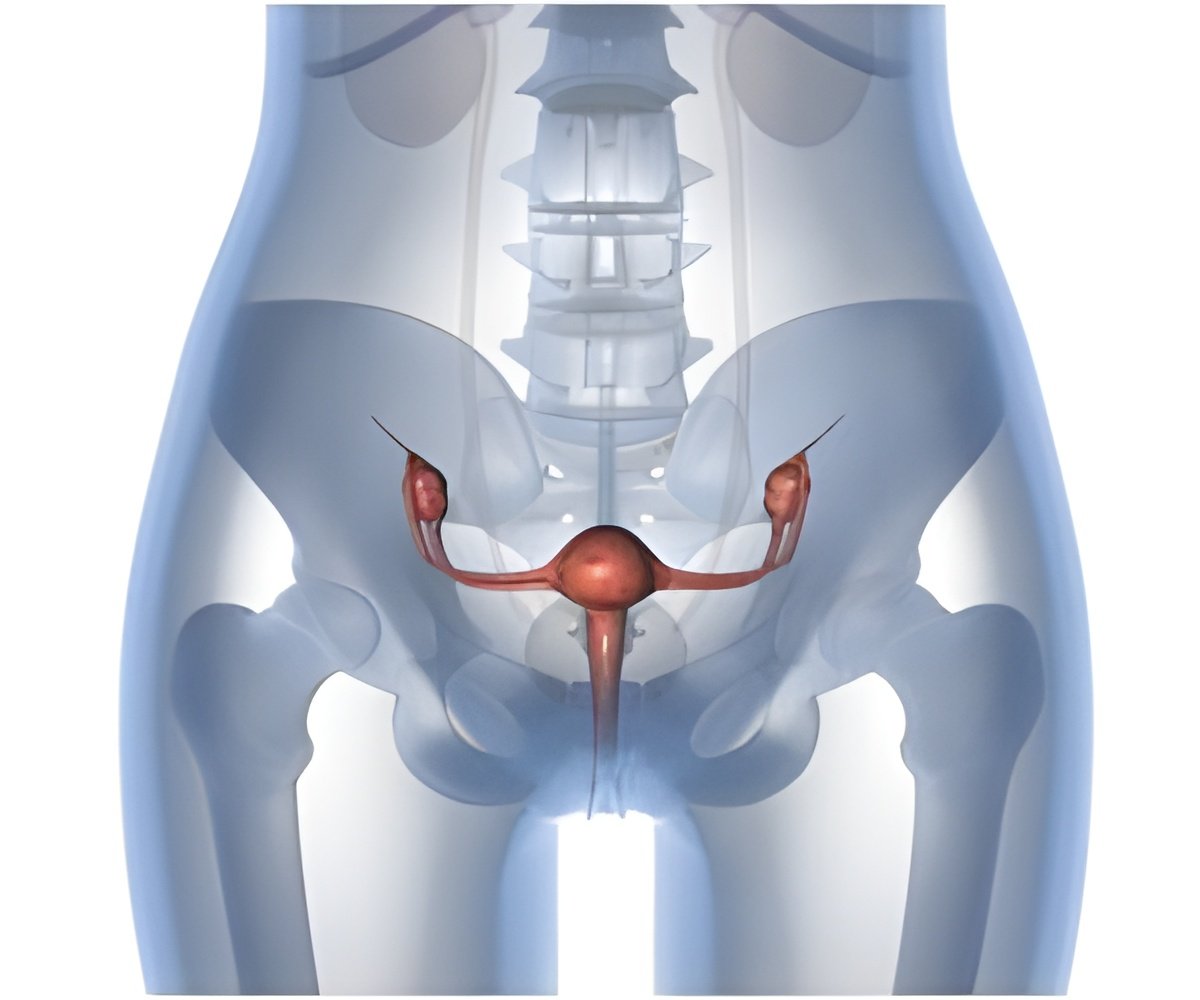A new, potential genetic target for treating an especially painful and invasive form of endometriosis has been discovered.

‘Endometriosis, particularly the kind associated with the ARID1A mutation, can debilitate many women, often leading to infertility.’





Their research focused on a type of endometriosis that occurs in women who have a mutation in a gene called ARID1A, which is linked to the more invasive and painful form of the disease. When ARID1A is mutated, so-called "super-enhancers," a part of the DNA that determines the function of cells, run wild, Reske said. This allows the cells that normally line the uterus to form deep implants outside the uterus and cause severe pelvic pain.
"There haven't been many successful nonhormonal therapies for this form of endometriosis that have made it to the bedside yet," Reske said.
In laboratory experiments, he and Wilson tested a drug that appeared to target the super-enhancers and stop the spread of endometriosis. Such a drug -- part of a new type of treatment called "epigenetic therapy" that controls how genes are expressed -- could be far more effective than current treatments, including surgery, hormone therapy and pain management.
"It can seriously impact women's quality of life and their ability to have a family and work," said Ronald Chandler, an assistant professor of obstetrics, gynecology and reproductive biology, who supervised the study.
Advertisement
The drug they studied targeted a protein in cells called P300, suppressing the super-enhancers and offsetting the effects of the ARID1A mutation, Wilson said. The same type of treatment could be used to treat other forms on endometriosis, he said.
Advertisement
The MSU team collaborated with Van Andel Institute researchers, providing them with tissue samples for VAI scientists to analyze with a machine called a next-generation sequencer.
Source-Eurekalert














